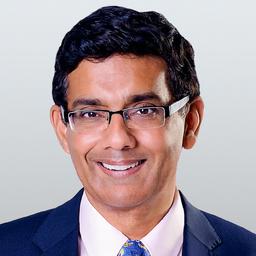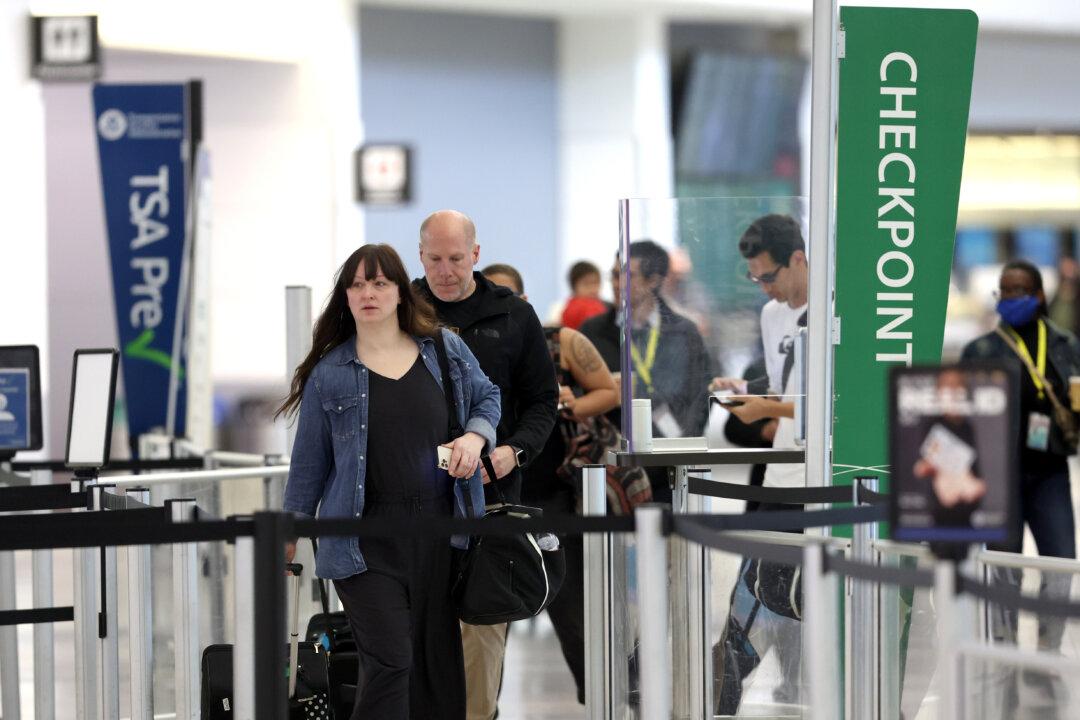Commentary
Most people are by now aware that the mainstream digital platforms—Facebook, YouTube, and Twitter—don’t respect freedom of speech and have become venues for comprehensive restriction, suppression, and censorship. This censorship is pervasive, multilayered, and involves an increasingly wide range of topics: election fraud, COVID-19, issues of transsexuals and sexual orientation, Black Lives Matter, climate change, and so on.





